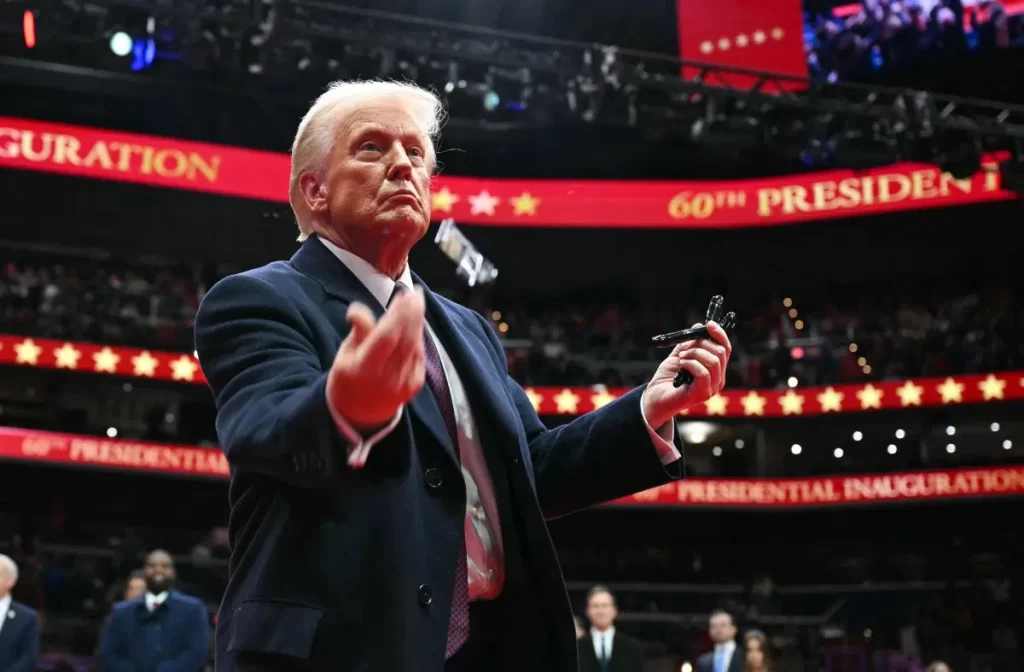
Former U.S. President Donald Trump has announced the suspension of all future US financial aid to South Africa, citing concerns over land confiscation and the alleged mistreatment of certain groups. Posting on his Truth Social platform, Trump claimed that the South African government was “confiscating land and treating certain classes of people VERY BADLY.”
The move follows South African President Cyril Ramaphosa‘s recent approval of a land expropriation bill, which allows the government to seize land without compensation under specific conditions. Pretoria insists that the legislation ensures a fair process, requiring negotiations with landowners before any compulsory acquisitions. However, critics fear a repeat of Zimbabwe’s land seizures, which led to economic turmoil.
Conservative Backlash and Elon Musk’s Criticism
The debate over land ownership in South Africa remains heated, with conservative voices such as billionaire entrepreneur Elon Musk voicing concerns. Musk, who was born in South Africa, has been vocal about his opposition to the land redistribution policy. Right-wing figures like journalist Katie Hopkins have also championed the cause of white landowners.
Trump’s stance aligns with his broader political network, which includes Silicon Valley power players with ties to apartheid-era southern Africa. His AI and cryptocurrency advisor, David Sacks, co-founded PayPal with Musk, while billionaire Peter Thiel, another PayPal cofounder, spent time in Namibia under Pretoria’s rule.
Historical Context and Government Response
Land reform in South Africa has been a deeply divisive issue for decades. The 1913 Natives Land Act led to the forced removal of thousands of Black families, entrenching racial land ownership disparities that persist to this day. Since apartheid ended in 1994, South Africa’s land courts have worked to return land to displaced Black owners through legal adjudication processes.
Despite Trump’s accusations, the South African government maintains that land expropriation policies are essential for rectifying historical injustices and will not follow the chaotic precedent set by Zimbabwe. Officials argue that Trump’s statements misrepresent the nature of the reform, reaffirming their commitment to a structured and lawful approach to land redistribution.
As tensions rise, global reactions to Trump’s decision to cut funding could impact US-South Africa relations in the months ahead.


